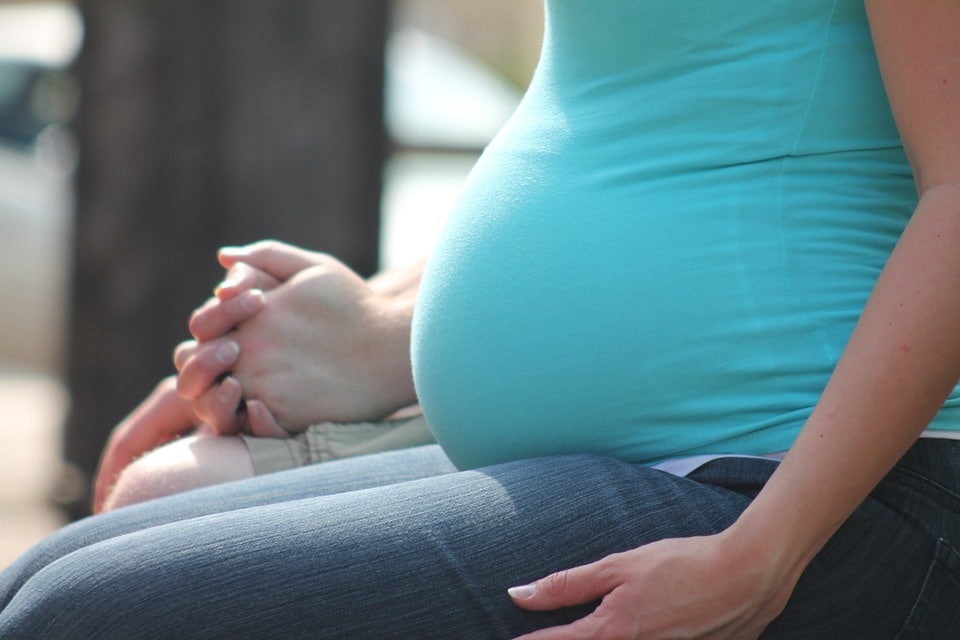The House human rights committee will discuss women’s reproductive rights this week, following a woman’s testimony on Saturday that it took five days for doctors at Makarios hospital to assist with the mid-term termination of her pregnancy.
The woman is 40 and sought an abortion at five-months following multiple visits to doctors, where she and her husband discovered that her foetus had a genetic problem. Its survival after birth could not be certain, and even if it did survive it would have no quality of life without medical assistance.
“I, the sinner, some will say, wanted the baby. I know what it’s like to hold a baby in your arms for the first time. I already have two children, one has a mobility disability. So when we found out that the baby I was carrying had a gene abnormality, we went everywhere, to all the specialists, we even went as far as the Genetics Institute to ask what this baby’s future would be,” the woman told Politis.
“No one could guarantee me that after enough work this child could be independent.”
She added that the decision was difficult and that it was not made lightly.
However, instead of easing the process, it appears doctors at Makarios hospital made it harder, forcing her to repeat the procedures for termination, after stopping the process twice. Instead of taking two days for the termination they prolonged the woman’s drama for five.
The woman told Politis that there was no psychologist on hand to discuss anything about the termination with her.
According to the woman, due to the special circumstances of her age, the gynaecologist who started the procedure could not give her a normal dosage of the drugs used in these cases to induce contractions and labour, delaying the procedure.
The first time, the gynaecologist said that he would remain to help her complete the procedure, but then had to leave as it was against the law to work past his late shift time.
However, the doctor that followed him refused to perform the procedure, she told Politis.
The procedure was stopped a second time for the same reason as the first.
The woman told Politis she went in on a Saturday and should have left on a Sunday, but due to the doctors’ decision and the lack of a mechanism to deal with these situations, she left the hospital five days later.
“There is no turning back this process. It’s like trying to avoid having a baby in the 9th month, when the birth process has already begun. You can’t avoid it. All you can do is help the process as much as you can. Something that didn’t happen in our case,” the woman said, remaining anonymous due to the stigma that could be caused to her family.
However, she added that the nurses, midwives of the ward were always by her side, as they were the ones who undertook to support her psychologically, in the absence of a psychologist.
As for the doctors who decided not to participate in the procedure, she clarified: “In no way do I begrudge the doctors. After all, every doctor, gynaecologist, anaesthetist, has the right to choose not to participate in the abortion procedure. The point is that every hospital should have a mechanism in place to ensure that women who have an abortion can do so and that they do not go through what I went through.”
Women’s health and reproductive rights will be a discussion at the upcoming House human rights committee on Monday, following the woman’s complaint, which reached the daily from Greens MP Charalambos Theopemptou.
Theopemptou had shared at the session two weeks ago, where the topic was again discussed, that he had received several similar complaints about women seeking abortions.
Two weeks ago anaesthesiologists, found to be abstaining from participating in terminations at Makarios, sent a letter to the House human rights committee listing three conditions under which they would participate.
The anaesthesiologists said they will only be party to a termination under three conditions – if the pregnancy is the result of abuse (up to 19 weeks), if the embryo has any abnormalities (up to 23 weeks), and if the life of the pregnant woman is at risk.







Click here to change your cookie preferences